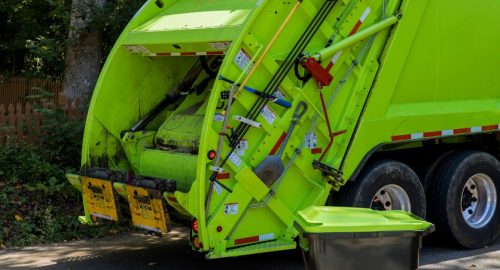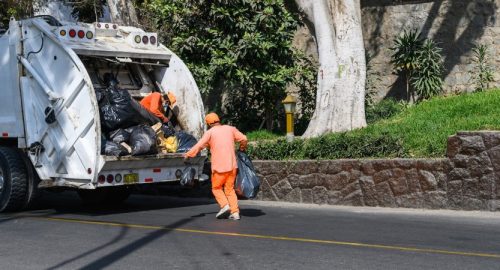Table of Contents
Fly Tipping in London
Fly tipping, or the illegal disposal of waste on unauthorised land, continues to be a major urban challenge for London, which not only tops the charts in England for such incidents but also significantly impacts national statistics.
The Scale of the Problem in London
From 2021 to 2022, England experienced over 1.09 million incidents of fly tipping, slightly down from the previous year, yet London’s numbers remained alarmingly high. Notably, boroughs such as the City of London, Westminster, and Camden reported the highest frequencies, with these areas experiencing a disproportionate number of incidents per 10,000 residents.
Data reveals that the City of London alone accounted for a substantial portion of these incidents, significantly skewing London’s average upwards. Detailed statistics show that the average rate of fly tipping incidents per borough in London surpasses that of other cities by a considerable margin, indicating a distinct urban challenge.
Causes and Economic Impact

The motivations behind fly tipping range from evading disposal fees to the sheer convenience of unauthorised sites. The financial burden of managing these incidents is considerable, costing London’s local authorities millions annually. In the fiscal year 2022 to 2023, the cleanup of large-scale fly tipping incidents in England required expenditures upwards of £13.2 million. The environmental costs are equally staggering, with significant impacts on urban cleanliness and public health.
Legal and Illegal Waste Disposal Practices
Some Londoners resort to burning waste to cut costs, which, while not inherently illegal, can become problematic when it involves harmful materials or causes disturbances. This practice, although a small fraction, complicates the dynamics of urban waste management and often skirts the edges of legal waste disposal practices.
Enforcement and Government Initiatives
Over the year 2022/23, England witnessed more than 532,000 enforcement actions aimed at curbing fly tipping. These ranged from issuing fines and warnings to prosecution in severe cases. London has been at the forefront of implementing robust measures, including surveillance and community patrols, to deter illegal dumping.
Role of Private Rubbish Removal Companies
Private waste removal firms play a pivotal role in managing urban waste. By offering timely, convenient and professional waste removal in London services, these companies significantly reduce the likelihood of illegal dumping. Their services are crucial in areas where local government pickup is delayed or insufficient. These firms not only provide routine waste collection but also handle specialised waste like electronics and construction debris, which are frequently involved in fly tipping.
Benefits of Private Sector Involvement

- Convenience and Efficiency: Private companies adapt swiftly to the needs of households and businesses, enhancing the efficiency of urban waste management.
- Prevention: By offering accessible alternatives, these services help mitigate the risk of waste accumulation that could lead to fly tipping.
- Specialised Waste Management: Handling complex waste streams reduces the chance that these materials end up dumped illegally.
- Education and Awareness: Many companies engage in campaigns to educate the public about proper disposal methods and the consequences of fly tipping.
- Support for Recycling: By sorting and recycling appropriate materials, private firms support broader environmental sustainability efforts.
Looking Forward
Innovative measures such as digital waste tracking, projected for implementation by 2025, are expected to revolutionise waste monitoring and deterrence against illegal dumping. This technological advancement, combined with stronger enforcement and public education campaigns, is likely to forge a significant reduction in fly tipping incidents.
In summary, while London faces significant challenges with fly tipping, the synergy between public initiatives and private waste services is essential in curbing this persistent urban issue. Engaging the community and enhancing waste management services are crucial steps toward a cleaner, safer urban environment.



